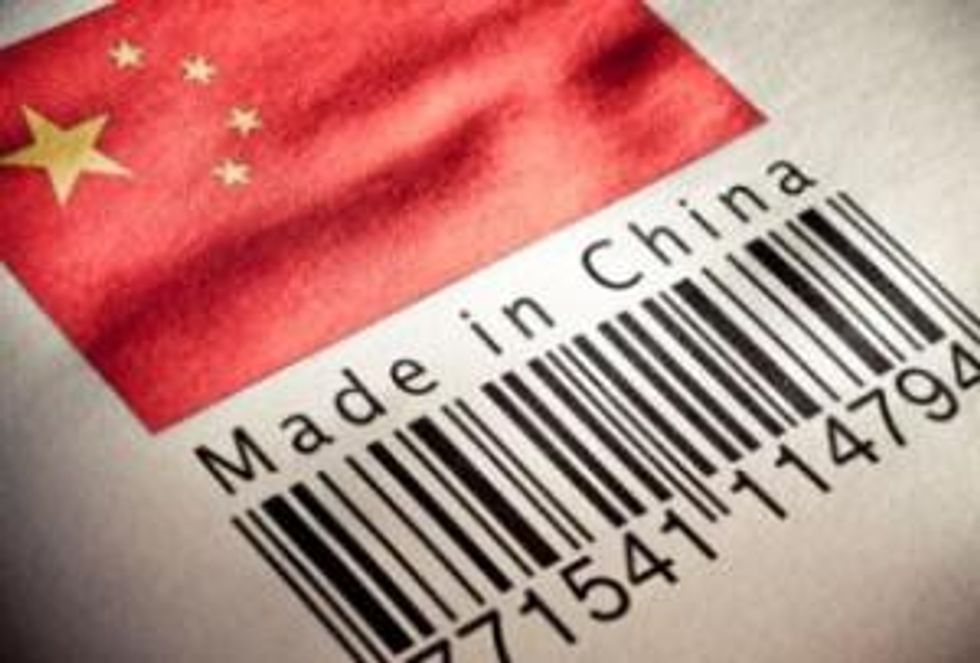Moly Prices Jump, but Not on WTO Ruling - Here’s Why
Molybdenum oxide and ferromolybdenum prices took off last week, but not because of the ruling that China’s molybdenum export restrictions are inconsistent with its obligations as a World Trade Organization member.
Adding a little spark to the molybdenum market last week was the news that the World Trade Organization (WTO) has ruled that China’s export restrictions on rare earth elements, molybdenum and tungsten are inconsistent with its obligations as a WTO member.
However, though the Asian nation has been ordered to remove quotas and export taxes on those commodities, the consensus seems to be that — at least for the molybdenum market — there will be no great impact.
Thus far, that’s proved to be true. While prices for molybdenum oxide and ferromolybdenum took off last Friday, both reaching nine-month highs, Metal Bulletin notes that the gains came on the back of a shortage of raw materials and producers’ reluctance to sell.
That may seem odd, but as Platts explains, there are a number of reasons the WTO ruling is not doing much for prices. One is that the Chinese government is not expected to rush to remove its current 20-percent export tax on ferromolybdenum and 15-percent tax on moly oxide. Sources told the news outlet that the country will “likely remove the policies at the end of this year,” meaning that they will not take effect until January 1, 2015.
Further, there’s no guarantee that China won’t appeal the WTO’s ruling. In fact, many expect that it will. One such person is an official at the Chinese Society for Rare Earths who thinks “China will definitely appeal because the WTO ruling is unfair,” as per the Financial Times. A member of China’s Ministry of Commerce expressed the same belief back in October, when China first came forward to say it lost the case.
That doesn’t necessarily mean an appeal will result in a “significantly different” ruling for China. James Bacchus, a former chairman of the Appellate Body, the permanent appeals tribunal of the WTO, explained to The New York Times, “the judges there can rule only on matters of legal principle, not on the panel’s findings of fact.” However, an appeal could certainly lengthen the amount of time it takes for China to remove its export taxes.
Finally, Platts notes that even if China does remove those taxes, it “could impose or increase other permitted taxes such as mineral resources taxes to replace the export tariffs as a way to continue minimizing exports of moly products.”
Indeed, that’s not an entirely unlikely scenario. As one Beijing-based moly trader told the news outlet, “Beijing’s stance on these mineral exports has always been clear that it does not encourage their exports as these resources are exhaustible and with strategic importance, and Beijing will stick to its stance even with the pressure from WTO via other measures.”
For now, market watchers would do best to wait and see whether China decides to appeal — it now has just 60 days to do so.
Securities Disclosure: I, Charlotte McLeod, hold no direct investment interest in any company mentioned in this article.
Related reading:
